Top Web App Development Frameworks for Modern Applications
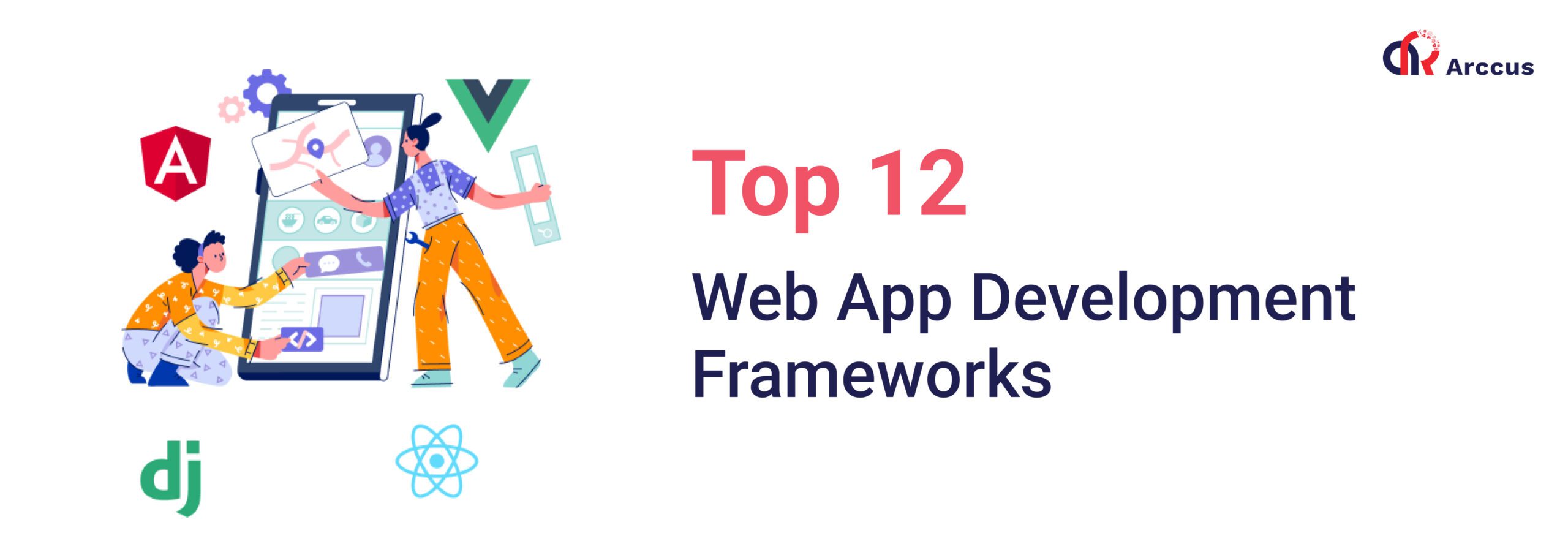
When it comes to developing modern web applications, there are several popular web app development frameworks and libraries to choose from. In this blog, we will be discussing the top web app development frameworks for modern web applications.
What Are Web App Development Frameworks?
Web app development frameworks are a set of pre-built tools, libraries, and best practices that developers use to streamline and standardize the process of creating web applications. These frameworks provide a structured foundation for building web applications, making it easier to design, develop, and maintain complex web-based software. Here are some key aspects of web app development frameworks:
- Abstraction and Structure: Web app development frameworks often provide a high level of abstraction, allowing developers to work with higher-level concepts rather than low-level details. They offer a structured architecture that helps organize code and data, making it easier to manage and maintain.
- Reusable Components: Most frameworks come with a set of pre-built, reusable components or modules, such as authentication systems, form handling, database connectors and more. These components save time and effort by eliminating the need to build everything from scratch.
- Consistent Patterns: Frameworks enforce best practices and coding standards, ensuring consistency across your application. This consistency is crucial for collaboration on development teams and for code maintainability.
- Security: Many Web App Development Frameworks incorporate security features by default. For example, they may have built-in protections against common vulnerabilities like Cross-site Scripting (XSS), Cross-site Request Forgery (CSRF) and SQL injection.
- Performance Optimization: Some frameworks include tools for optimizing performance, such as caching mechanisms, load balancing, and data compression. These can help ensure your web application runs efficiently.
- Scalability: A good framework is designed to support the growth of your application. It provides guidelines and tools for managing increased traffic and data as your web app becomes more popular.
- Community and Ecosystem: Popular web development frameworks often have active communities and ecosystems. This means you can find a wealth of third-party libraries, plugins and documentation to help you with various aspects of your project.
- Cross-platform Compatibility: Some frameworks are designed to support the development of web applications that work well on various devices and platforms, including desktops, smartphones and tablets.
Criteria for Choosing a Web App Development Framework
Choosing the right web app development framework for modern web applications is crucial to the success of your project. There are various factors to consider when selecting a framework that will best suit your needs. Below are some important criteria that help you make a knowledgeable decision:
- Project Requirements: Understand your project’s specific requirements such as the type of web application you’re building and the features it needs.
- Programming Language: Consider the programming language the framework is based on. Common web development languages include JavaScript, Python, Ruby and PHP.
- Community and Support: Check for the size of the community, the availability of documentation, and the presence of online forums and support channels.
- Ecosystem: Assess the ecosystem of the framework, including the availability of plugins, extensions, libraries and third-party integrations.
- Scalability: Ensure the framework can scale to accommodate the growth of your web application. Look for built-in support for load balancing, caching and database optimization.
- Security: Security is paramount. Check if the framework provides built-in security features like protection against common web vulnerabilities, user authentication, and authorisation mechanisms.
- Performance: Evaluate the framework’s performance characteristics. Some frameworks are optimized for high-speed applications, while others may be better suited for content-heavy sites.
- Development Speed: Consider the development speed and productivity the framework offers. Some frameworks have features like code generators and scaffolding tools that can accelerate development.
- Maintenance and Longevity: Assess the framework’s maintenance and long-term support. Make sure it has a stable release cycle and a history of updates.
- Licensing and Cost: Review the licensing terms and costs associated with the framework. Some frameworks are open-source, while others require a licensing fee.
- Team Expertise: Take into account the skills and expertise of your development team. Choosing a framework they are familiar with can reduce the learning curve and improve productivity.
- Mobile Responsiveness: If your web app needs to be mobile responsive or has a mobile app counterpart, consider frameworks that offer solutions for mobile development.
- Testability: Look for a framework that supports testing methodologies like unit testing and end-to-end testing, as this can be crucial for maintaining code quality.
- Documentation: Comprehensive and up-to-date documentation is essential for efficient development. Make sure the framework’s documentation is readily available and easy to understand.
- User Experience (UX): Consider the framework’s capabilities for building a responsive and user-friendly interface. Some frameworks offer built-in support for modern design principles and UI components.
- Deployment and Hosting: Ensure the framework supports your chosen hosting environment and deployment strategies.
- Third-Party Integrations: Determine whether the framework easily integrates with third-party services and APIs that your application may rely on.
- Legal and Compliance Requirements: If your application has legal or compliance requirements, such as GDPR, HIPAA, or accessibility standards, make sure the framework can accommodate these needs.
Top Web App Development Frameworks
Web app development frameworks for modern web applications are essential for building modern, efficient, and feature-rich web apps.
1. Angular
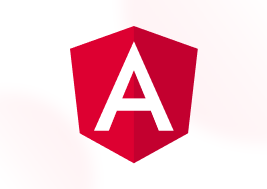
Angular is a popular web application development framework that’s primarily maintained by Google and a community of developers. It’s open source and based on TypeScript, a superset of JavaScript. Angular is used for building dynamic, single-page web applications (SPAs) and is known for its robustness, scalability and ability to handle complex, large-scale projects.
It is a powerful choice for building web applications, especially when you need to create large, feature-rich, and maintainable projects. Here are some key features and components of Angular:
- Component-based Architecture
- Two-way Data Binding
- Dependency Injection
- Directives
- Templates
- TypeScript
- Form Handling
- Community and Ecosystem
2. React
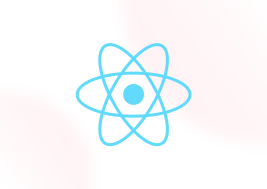
React is not a complete web app development framework on its own, but rather a JavaScript library for building user interfaces. Developed and maintained by Facebook, it’s commonly used in combination with other libraries and tools to create full-fledged web applications.
React’s component-based architecture makes it easy to maintain and scale applications. To build a web app using React, you would typically use a combination of the following:
- React Router
- State Management
- Data Fetching
- Styling
- Build Tools
- Testing
- Backend
- Database
- Deployment
3. Vue.js
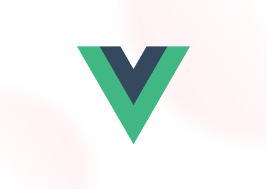
Vue.js web development framework is a popular JavaScript framework for building Modern Web Applications. It is often referred to as a “progressive framework” because you can use as much or as little of it as you need in your projects. Widely known for its simplicity and ease of integration into existing projects.
It is a versatile framework suitable for a wide range of web development projects, whether a simple interactive component or a complex single-page application. Here are some key aspects and features of Vue.js:
- Declarative Rendering
- Component-based Architecture
- Two-Way Data Binding
- Directives
- Vue Router
- Vuex
- Vue CLI
- Vue Devtools
- Active Community
- Progressive Framework
4. Django
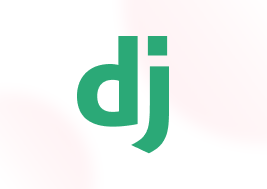
Django is a high-level web application development framework written in Python that encourages rapid development and clean, pragmatic design. Django follows the model-view-controller (MVC) architectural pattern, but in Django terminology, it’s often referred to as Model-View-Template (MVT).
From simple websites to complex, Django is well suited for building a wide range of web applications. Here are some key features and concepts associated in Django:
- Model
- View
- Template
- URL Routing
- Admin Interface
- Authentication and Authorization
- Security
- Form Handling
- Middleware
- RESTful APIs
- Reusable Apps
- Community and Ecosystems
5. Ruby on Rails
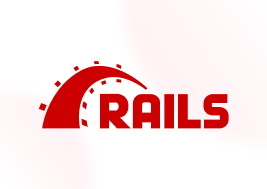
Ruby on Rails often simply referred to as Rails, is a popular open source web application development framework written in the Ruby programming language. Created by David Heinemeier Hansson, Ruby on Rails was released in 2005. Ruby on Rails is known for its developer-friendly conventions, which emphasize simplicity and productivity.
It’s known for its developer-friendly philosophy and can be an excellent choice for startups and businesses looking to develop web applications rapidly. Here are some key features and concepts associated with Ruby on Rails:
- Convention over Configuration (CoC)
- Model-View-Controller (MVC) Architecture
- Active Record
- Scaffolding
- Routing
- Gems
- RESTful
- Test-Driven Development (TDD)
- Security
- Community and Ecosystem
- Active Support
6. Express.js
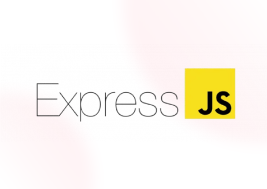
Express.js web development framework is a minimal and flexible Node.js web application framework that provides a robust set of features for building web and mobile applications. It is often considered due to its simplicity and versatility.
Express.js is commonly used for building APIs and server-side applications. Here are some key features and concepts associated with Express.js:
- Views
- REST API Development
- Error Handling
- Integration
- Security
- Community and Ecosystem
7. Laravel

Laravel is an excellent choice for web application development, particularly when you want to build modern and feature-rich applications quickly. This web app development framework was created by Taylor Otwell and released in 2011.
It follows the MVC (Model-View-Controller) architectural pattern and encourages clean and maintainable code. Some of the key features and components of Laravel are as under:
- Eloquent ORM (Object-Relational Mapping)
- Artisan Console
- Blade Templating Engine
- Middleware
- Routing
- Database Migrations and Seeding
- Queue and Job Management
- Dependency Injection and IOC Container
- Task Scheduling
- Caching
- API Development
- Community and Ecosystem
Also Read: Breaking Down The Steps For Web App Development
8. Flask
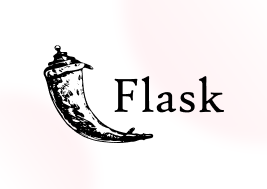
Flask is a micro web framework for Python that is designed to be lightweight and flexible, allowing developers to build web applications quickly and with minimal overhead.
It is an excellent choice for small to medium-sized web applications, RESTful APIs, prototypes and projects where you want to maintain more control over the components you use.
Here are some key features and aspects of Flask web app development:
- Lightweight
- Routing
- Jinja2 Templating
- Extensions
- WSGI Compatible
- RESTful Support
- URL Building
- Community and Documentation
- Micro to Full-featured
- Pythonic
9. Spring Boot
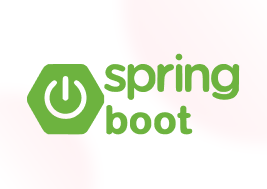
Spring Boot is a popular framework for developing web applications in Java. It’s part of the broader spring ecosystem, which provides a comprehensive and modular platform for building enterprise applications. This web app development framework is specifically designed to simplify the setup and development of production ready, stand alone and web based applications.
Here are some key features and aspects of Spring Boot for web app development:
- Convention over Configuration
- Auto Configuration
- Standalone
- Spring Ecosystem Integration
- Production Ready Features
- Spring Initializr
- Dependency Management
- Embedded Database Support
- Microservice Support
- Community and Ecosystem
Spring Boot is a versatile and powerful framework that can be used for a wider range of web application development scenarios in the Java ecosystem.
10. Meteor
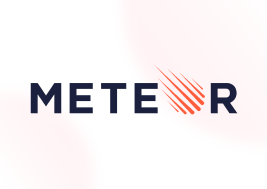
Meteor is a full stack web app development framework that allows you to build web and mobile applications using JavaScript. It is designed to simplify the process of building real time, cross platform applications by providing a cohesive set of tools and libraries for both the front-end and back-end development.
Let’s have a look on some key features and components of Meteor:
- Real Time Data
- JavaScript Everywhere
- Data Layer
- Reactive Templates
- Package System
- Cross Platform
- Hot Code Push
- Isomorphic JavaScript
- Community and Packages
Meteor is suitable for both small and large applications, especially those that require real-time updates and synchronization between clients and the server.
11. Svelte
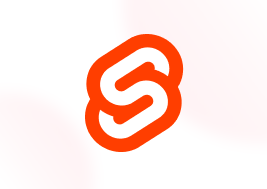
Svelte is a web application development framework that was created by Rich Harris and first released in 2016. It’s often referred to as a “compiler” or “framework” because it takes a different approach to building web applications compared to more traditional frameworks like React, Angular, or Vue.js.
Some key features and concepts of Svelte are as follows:
- Compiles to Vanilla JavaScript
- Declarative Syntax
- No virtual DOM
- Reactive Statements
- Scoped CSS
- Small Bundle Size
- Easy Animation
- Server side Rendering
- Growing Ecosystem
Svelte is a great choice for building web applications when you want to optimize for performance and keep your codebase clean and simple.
12. AngularJS
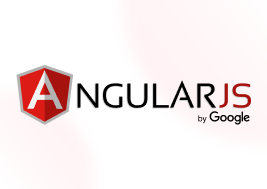
Developed and maintained by Google, AngularJS is a JavaScript-based open source front-end web application framework. It was originally released in 2010 and was one of the earliest frameworks for building dynamic and interactive web applications.
If you are starting a new project, it’s generally recommended to use the latest version of Angular or consider other modern front-end frameworks like React or Vue.js, and AngularJS is no longer actively maintained or officially supported.
Conclusion:
When choosing a web app development framework, consider factors like your project’s requirements, your team’s expertise, and the specific technologies you prefer to work with. Additionally, it’s essential to stay updated with the latest trends and community support to ensure you’re using the most suitable framework for your modern web application development.